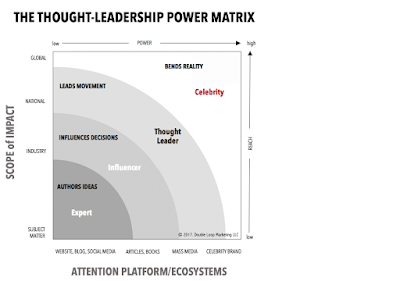Magic Bullet: Deflected?
The Magic Bullet Theory is a rudimentary one. It harkens to an era when media was more monolithic, and peer-to-peer news sharing was difficult. Even in that environment, the theory was a bit jaded, viewing the audience as incapable of resisting the media’s stimuli. This theory is simplistic and outdated, but not necessarily obsolete.
Today, there are more complex theories about media consumption that better align with the current media landscape. Whether The Magic Bullet Theory still holds any validity may depend on your definition of “influence”. Does it mean that you immediately believe what you hear from media, or does mean that media impacts your thinking in some way? The former is possible to quantify, while the latter is subjective.
“The theory explains how media controls what the audience views and listens to and the effects, which can be immediate or later in future,” says Shraddha Bajracharya in an online article.
Seems kind of fuzzy. And that fits perfectly with our scene in 2023.
The advent of the internet changed the game for media. The major newspapers and networks were no longer alone in sharing the news. Blogs, social media, streaming video, and more, have made the media’s messages muddier and diverse. The audience gets their information form not only traditional media, but through a series of filters. It’s an environment built to spawn misinformation and news bubbles. The sheer quantity of media available makes this unavoidable.
The Two-Step Flow Theory seems to have more validity in the current media consumption landscape. I like listening to podcasts from thought-leaders and entertainers. I rarely sit down and read full new stories, but I will gladly listen to commentators discuss the news as I go about my daily routine. There are niche and broad influencers across topics who are there to filter and interpret media, or even create their own.
 |
| Figure 1: Image by Double Loop Marketing LLC |
For example, I love the Pivot podcast. On the show, the hosts discuss current events with an emphasis on tech headlies. I enjoy the filter and the perspective. The hosts are people I trust because of their resumes and personalities. I may not take every word they say as gospel, but I’ve come to appreciate their ruminations. I know I would get a “truer” sense of stories if I read a detailed article from a trusted outlet, but it would be less entertaining and more time consuming.

Comments
Post a Comment